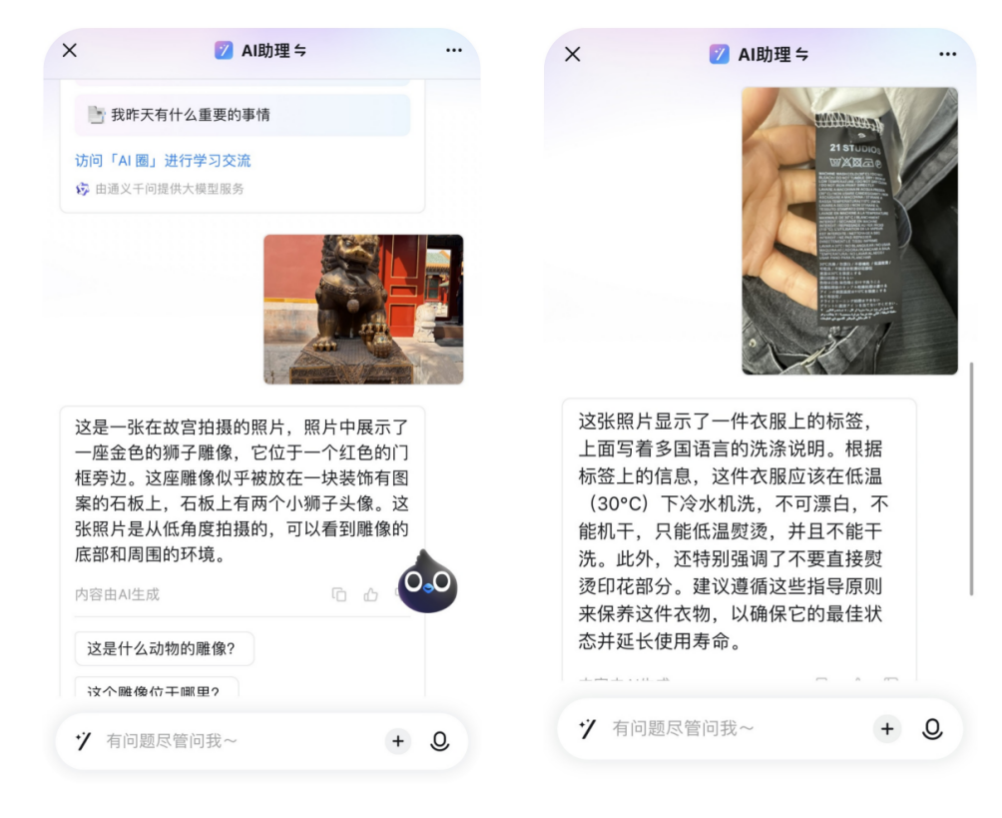If there are such "symptoms" on the phone, it is necessary to immediately turn it off. Multiple people have already been transferred through "gaps"
If your phone experiences such "symptoms", be sure to immediately shut down it to prevent the mobile account from being transferred through "gaps".With the rapid development of technology, mobile phones have penetrated into our daily lives, providing great convenience for our lives, and also endowing us with rich ways of entertainment and information acquisition
If your phone experiences such "symptoms", be sure to immediately shut down it to prevent the mobile account from being transferred through "gaps".
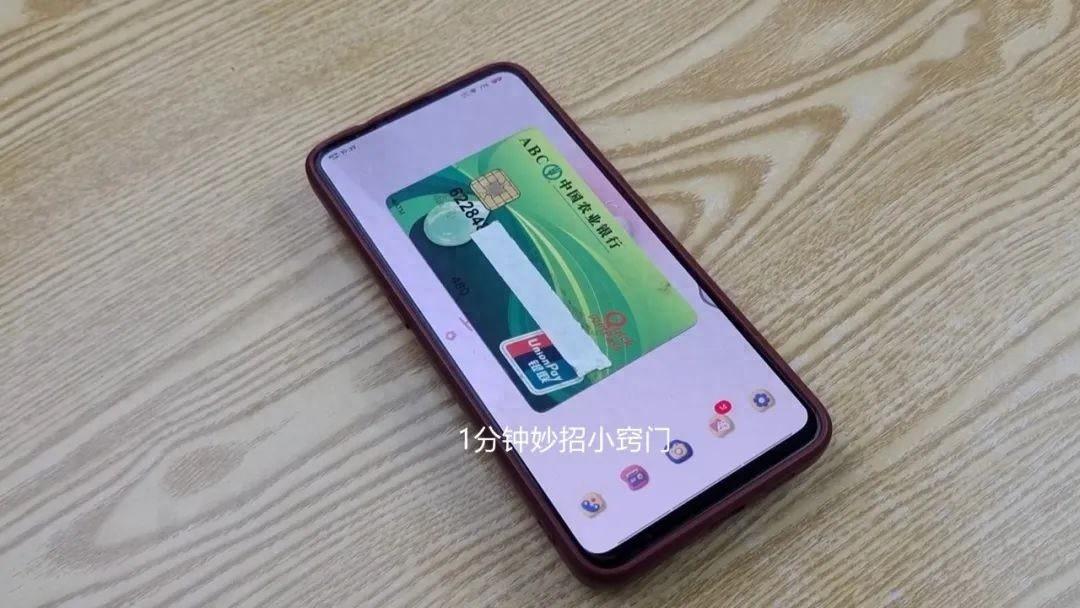
With the rapid development of technology, mobile phones have penetrated into our daily lives, providing great convenience for our lives, and also endowing us with rich ways of entertainment and information acquisition. However, with the widespread use of mobile phones, telecommunications fraud has gradually become common. Although anti fraud messages are often played in public places, telecommunications fraud is still common around us. In order to protect the safety of our property, we need to remain vigilant during the use of mobile phones to prevent phone fraud.
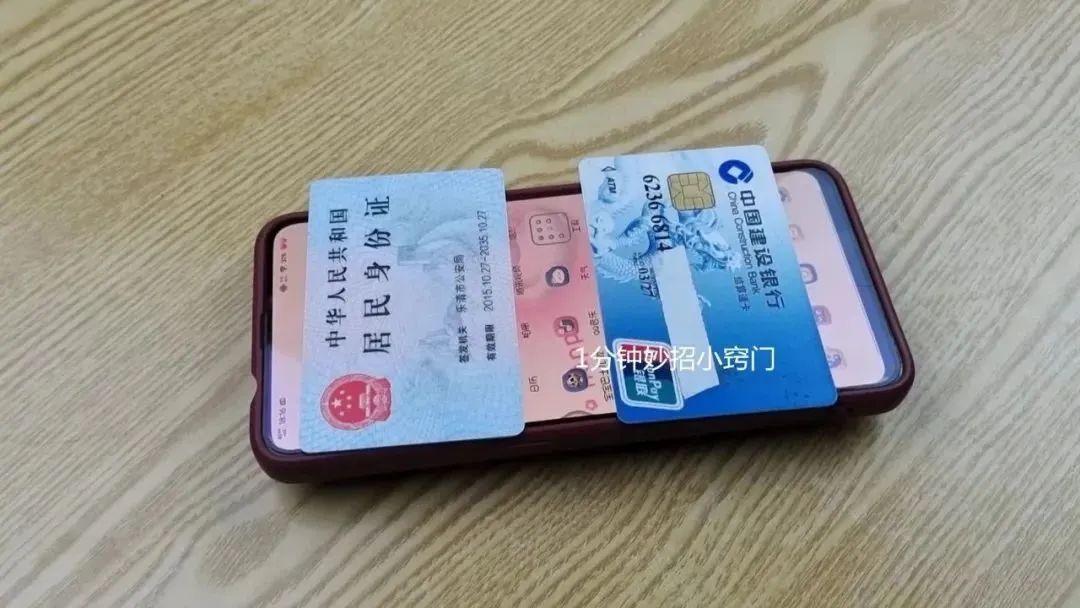
Firstly, we need to pay attention to a common form of mobile fraud. Sometimes, we receive text messages disguised as banks or other legitimate institutions, which usually tell us about account changes or the need for certain operations. The purpose of these short messages is often to deceive us into obtaining personal information or to make us click on a certain link. These short messages may seem very professional, including logos, language, and even contact information similar to legitimate institutions, but in reality they are all scams. Therefore, we cannot trust any information that has not been confirmed by ourselves, especially those involving personal financial information.
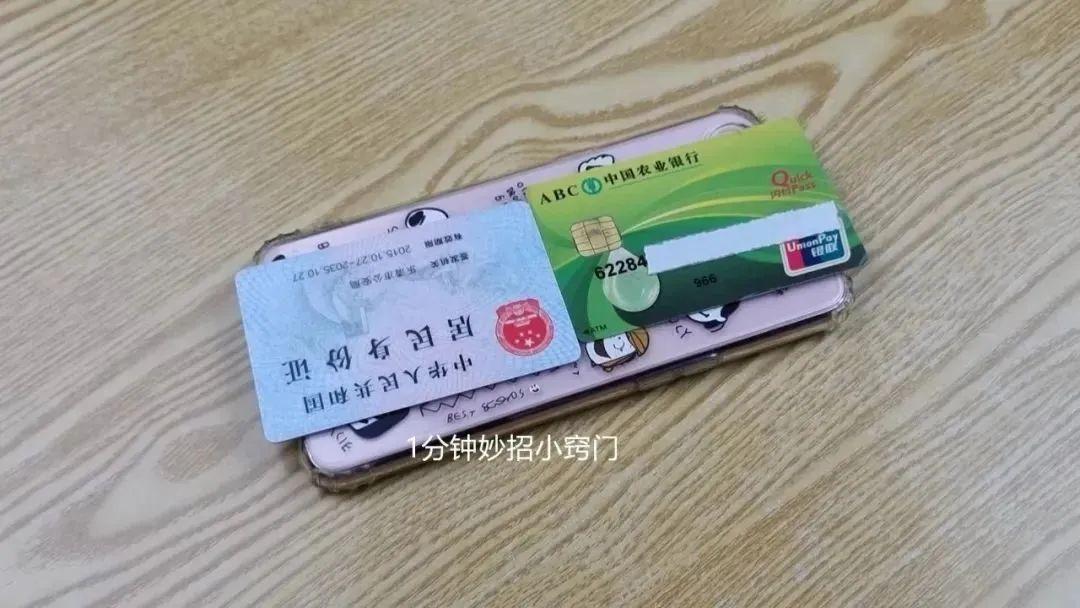
The second method is to frequently receive unfamiliar verification codes. These unfamiliar verification codes are likely malicious software or apps attempting to enter our phones. This type of software usually attempts to log in to our various accounts when we are not aware, thereby stealing our personal information. We cannot take these unknown verification codes lightly. In such a situation, we should not easily disclose the verification code. At the same time, do not rush to log in to any related software or apps, as this may be a trap. The best practice is to first turn off the phone's data and signals, which can ensure that the verification code is not maliciously stolen.
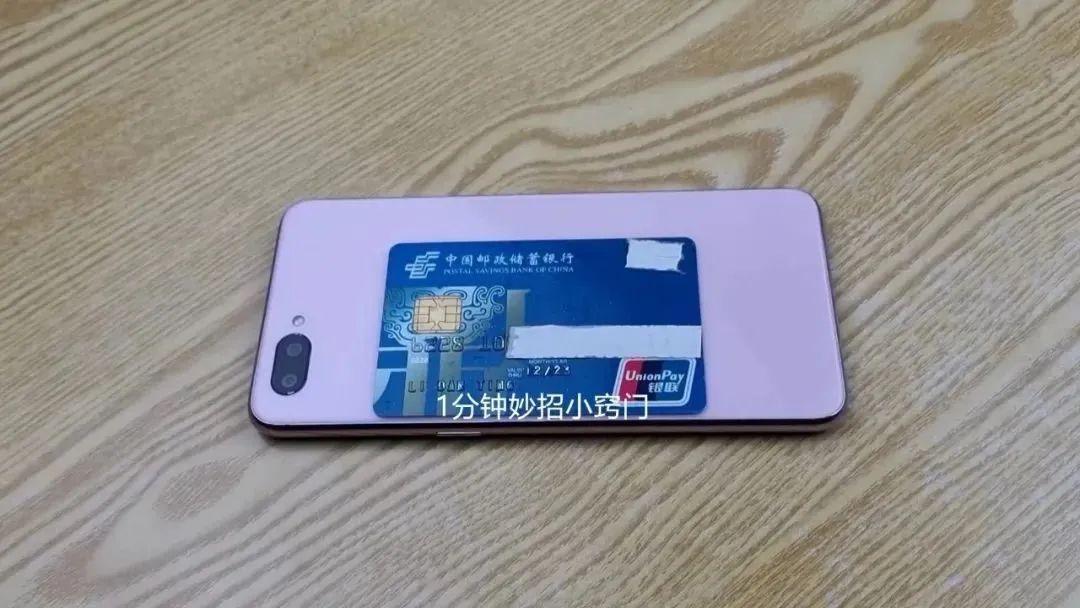
The third type is receiving an unknown call. When we receive a call from an unfamiliar number, especially an overseas number, it is likely to be a malicious scam call. These phone calls may involve inducing fraudulent behavior, requiring us to click on the link or provide personal banking information. Therefore, we do not recommend randomly answering calls from overseas numbers, especially when there is no overseas contact. If you accidentally answer and follow the instructions on the call, it may lead to funds being scammed away.
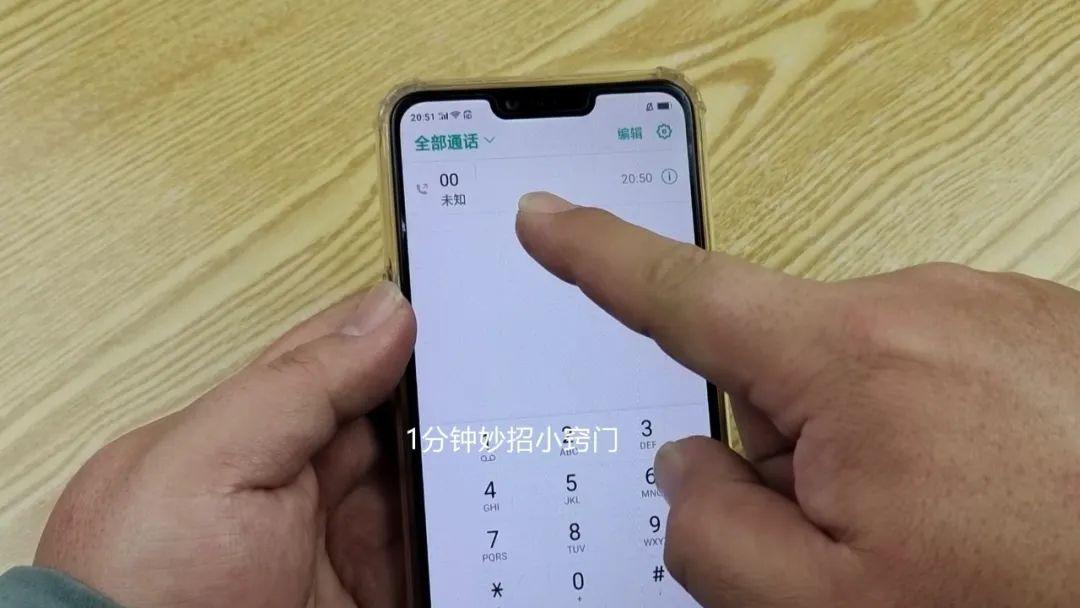
The fourth type is that scammers often impersonate official institutions or well-known enterprises and commit fraud by sending text messages. These messages may claim that you have unpaid taxes, unclaimed tax refunds, etc., enticing you to click on links or call specific phone numbers for processing. When receiving such information, one should remain calm and not easily click on links or make phone calls. The best method is to directly go to the official website of the relevant official institution for review, or contact the official phone number of the official institution for confirmation.
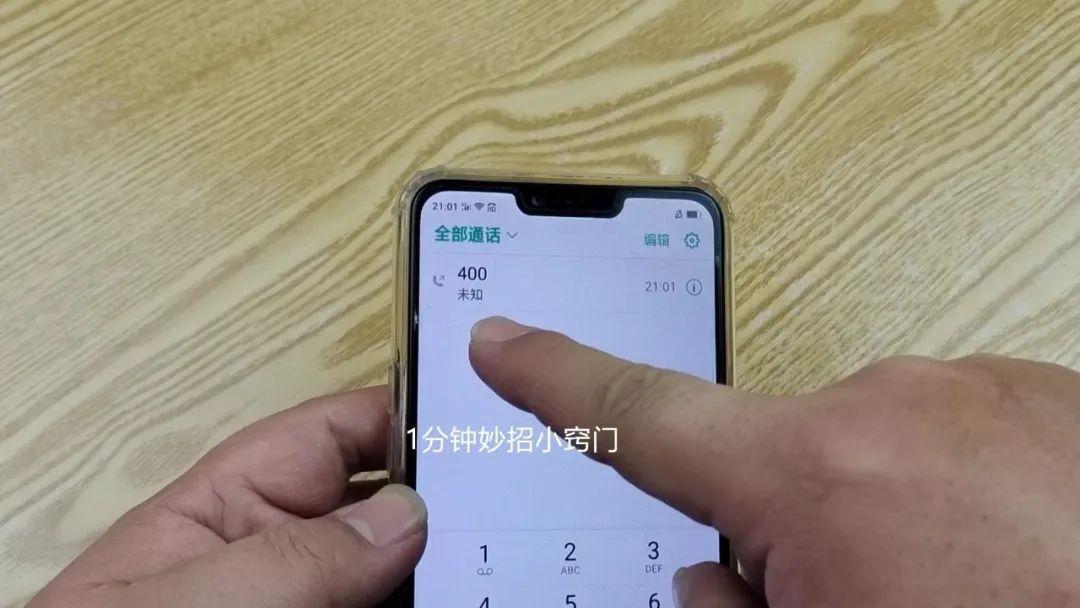
The fifth type is that QR codes with unknown origins may become a tool for scammers to engage in fraud. These QR codes may be used to obtain personal or financial information. Therefore, before scanning QR codes, one should remain vigilant and be cautious when dealing with QR codes from unknown sources. If you receive a text message containing download links, you should be particularly vigilant as clicking on these links may result in financial loss or information leakage. It is recommended not to easily click on the link before verifying the authenticity of the message.
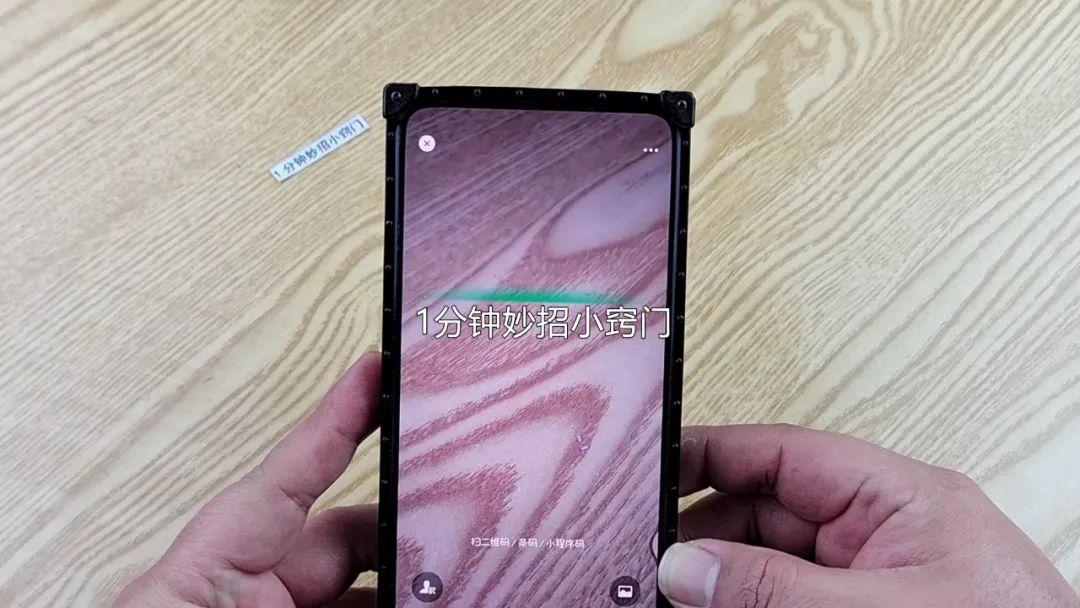
The sixth type, abnormal recharge SMS may be a signal of fraud by criminals. They may use special techniques to obtain your phone number and use it for illegal operations. When your mobile phone bill suddenly increases, it may be a signal that they are trying to steal identity verification information or engage in other illegal operations. If you notice an increase in phone bills without recharging your account, especially if it occurs multiple times, be aware that your phone may be monitored. In order to protect property safety, it is necessary to quickly call customer service to verify the situation.
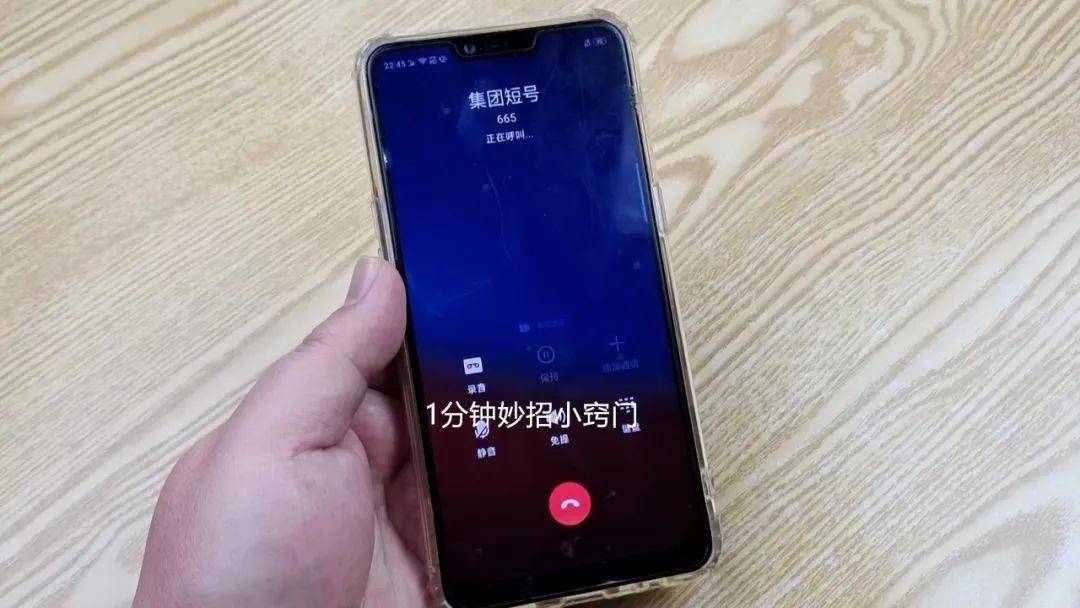
The seventh type is to remain vigilant when receiving illogical reward notification messages. Fraudsters usually claim to have won a prize for various reasons and require you to click on the link or follow their instructions to claim the prize. In fact, this is just to deceive you into obtaining personal information or money. Therefore, when receiving such information, special care should be taken and verified with relevant official channels.
Disclaimer: The content of this article is sourced from the internet. The copyright of the text, images, and other materials belongs to the original author. The platform reprints the materials for the purpose of conveying more information. The content of the article is for reference and learning only, and should not be used for commercial purposes. If it infringes on your legitimate rights and interests, please contact us promptly and we will handle it as soon as possible! We respect copyright and are committed to protecting it. Thank you for sharing.(Email:[email protected])














